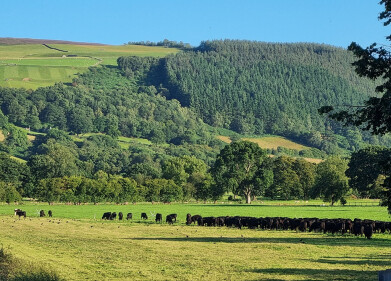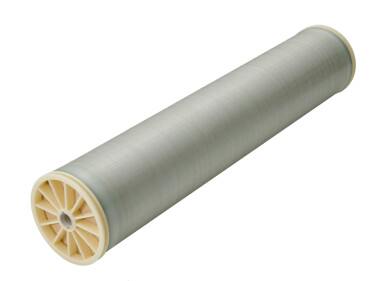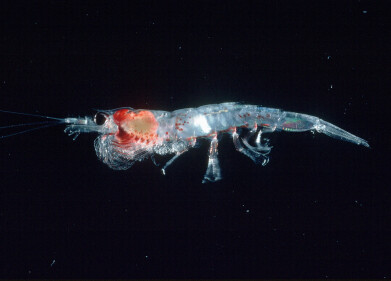Water/Wastewater
Malaysia‘s Largest River Bank Filtration And Ultrafiltration Plant Shows Promising Results After Two Years Of Operation
May 07 2015
The Wakaf Bunut water treatment plant in the state of Kelantan is Malaysia‘s largest river bank filtration and ultrafiltration facilities for producing municipal drinking water. It operates using a combination of river bank filtration (RBF) and ultrafiltration (UF) systems. The plant, which is equipped with inge (Germany) UF technology, was commissioned in March 2013 and is capable to produce a maximum of up to 14 million liters of drinking water a day for the Tok Bali region.
This combined water purification method works by filtering river water through layers of sand in the river bank as a form of pre-treatment, pumping it out from a horizontal collector well, and then supplying it to the UF system. In this second UF stage, the tiny pores of the patented inge Multibore membrane, which are just 20 nanometers in diameter, remove all suspended solids, bacteria and even viruses from the water. Even in cases where the quality of the river water varies over time, ultrafi ltration always yields consistently high quality drinking water.
The plant‘s fi rst two years of operation have demonstrated the success of this combination of river bank filtration and ultrafiltration. Pre-fi ltration through layers of sand in the river bank has been shown to reduce the amount of suspended solids in the water by 20 - 70%, a figure that varies significantly from day to day depending on the quality of the river water. This pre-treatment stage improves the quality of the water fed to the downstream UF stage and enabling a more cost-effective plant design with lower capital costs, this solution also eliminates the need for chemical pre-treatment of the UF feed water. Despite using lower levels of chemicals, the inge UF modules can be operated in an efficient manner.
The quality of the UF filtrate is monitored and documented at regular intervals. The local water authorities have used the results of these analyses to evaluate the financial viability and sustainability of the combination river bank filtration/ultrafiltration solution. After calculating all the costs (not including the cost of pumps, pipes, valves etc.), the fi gures reveal that – based on local prices for electricity etc. – 1 m3 of drinking water costs approximately USD 0.04 when the plant first commenced operation in March 2013, which is considered to be a competitive price for the Malaysian market in light of the excellent water quality delivered. The combined method has therefore proved to be both technologically and financially viable. These findings should pave the way for other municipal authorities to follow suit by introducing their own combined river bank filtration/ultrafiltration solutions in the future.
Events
Carrefour des Gestions Locales de L'eau
Jan 22 2025 Rennes, France
Jan 29 2025 Tokyo, Japan
Feb 05 2025 Nantes, France
Feb 16 2025 Kampala, Uganda
Feb 26 2025 Chennai, India




-as-feedstock.jpg)





